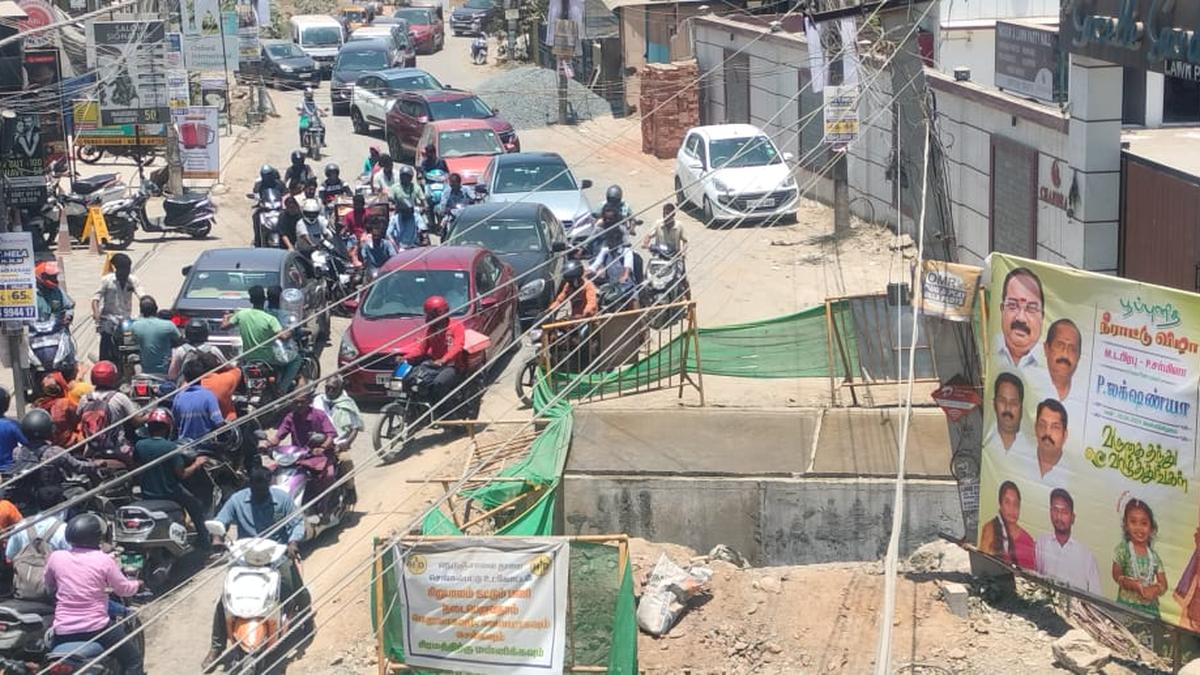Tamil Nadu’s public debt has neither “adversely affected” the growth nor “supported” it, according to a study by two veteran economists.
This finding was with reference to the period from 2005-06 to 2022-23 when the public debt-Gross State Domestic Product (GSDP) ratio had a negative effect on real economic growth, but it was “not significant”.
Economists C. Rangarajan and K.R. Shanmugam of the Madras School of Economics, who carried out the study by covering different facets of the State economy, however, cautioned that in future, a “higher debt ratio may adversely affect growth”. They also observed that “reduction in the debt-GSDP ratio may induce growth”.
Analysing the pattern of the ratio over the years, they said it was in 2016-17 that the ratio exceeded 20%, the sustainable level recommended by the Fiscal Responsibility and Budget Management (FRBM) Review Committee in 2017. “In 2020-21, it had a sudden jump of 4.36 percentage points over the previous year due to the [COVID-19] pandemic effect,” they said, adding that “after that, it stabilises at the same level”.
They called for “appropriate strategies” to be taken by the State government to control the debt so that the adverse effect was eliminated.
When asked to elaborate on the “appropriate strategies”, Dr. Shanmugam, who pointed out that the trend of rising ratio, especially after the pandemic, was observed in other States, too, said that setting off the debt and reducing the fiscal deficit were some of the strategies suggested.
Emphasising that it was due to an “external shock” in the form of the pandemic that the debt had gone up perceptibly in recent years, Dr. Shanmugam suggested that the Central government allocate more funds to the State.

 1 week ago
110
1 week ago
110


